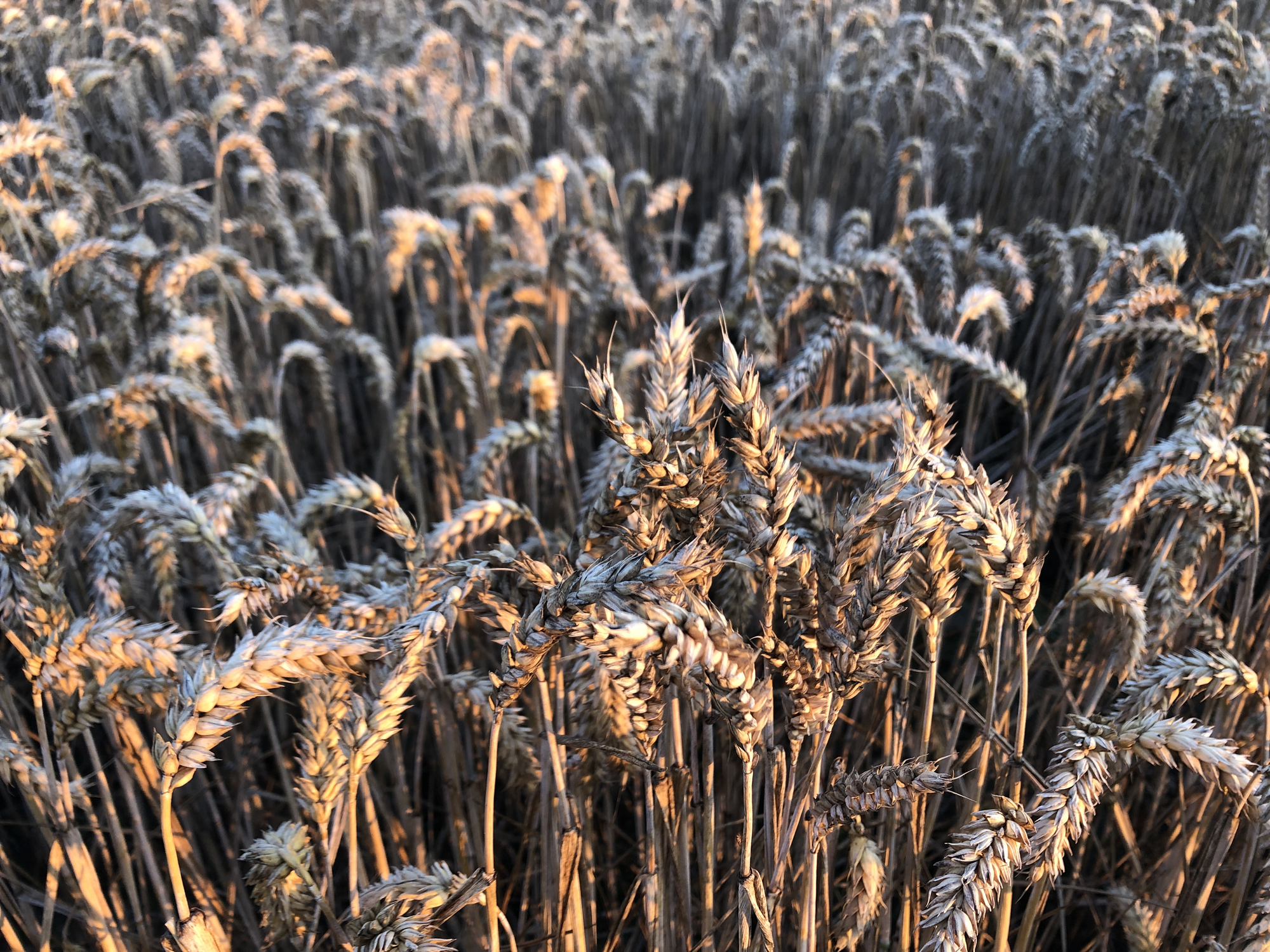An unusually mild winter makes many wheat growers wonder what’s happening beneath ground level.
It’s natural that this year’s unpredictable cold weather would raise questions about the development and yield of the wheat crop. But understanding the impact of a mild winter means focusing on two critical processes in the growth cycle: vernalization and hardening off.
Vernalization: When Cold Weather Does Crops Good
Wheat plants need a period of cold exposure to transition from the vegetative to the reproductive stage. This process, called vernalization, determines whether the plant flowers are at an optimal time, typically in spring. Various wheat varieties have different vernalization requirements, which can range from weeks to several months. Understanding these requirements is crucial to optimize planting season and ensure healthy crop development.
Hardening Off: Building Cold Tolerance
The process by which wheat plants develop cold tolerance is called “hardening off,” which happens naturally as temperatures drop in autumn. The plant undergoes physiological changes, allowing it to withstand freezing temperatures during winter. This includes retaining solutes like sugar and proteins, which can act like a natural anti-freeze for the plant. The hardening-off process is critical for winter wheat varieties, which need to survive harsh winter conditions before resuming growth in spring.
Impact of Mild Winters
Mild winters can affect both of these processes in wheat cultivation. Warmer temperatures may lead to insufficient vernalization, potentially delaying or disrupting the flowering stage. Conversely, a sudden cold snap after a mild winter can damage plants that haven't adequately hardened off. Monitoring soil temperatures, rather than just air temperatures, is essential for farmers to gauge the progress of these processes and take necessary actions.
Understanding the intricate growing processes affected by mild weather is essential for wheat growers. These processes highlight the delicate balance between the plant's biological needs and environmental conditions. As climate patterns shift, it's increasingly important for farmers to adapt practices to ensure the resilience and productivity of their wheat crop. If better tools are needed for the job, a local John Deere dealer can help you navigate the mild winter’s demands.
